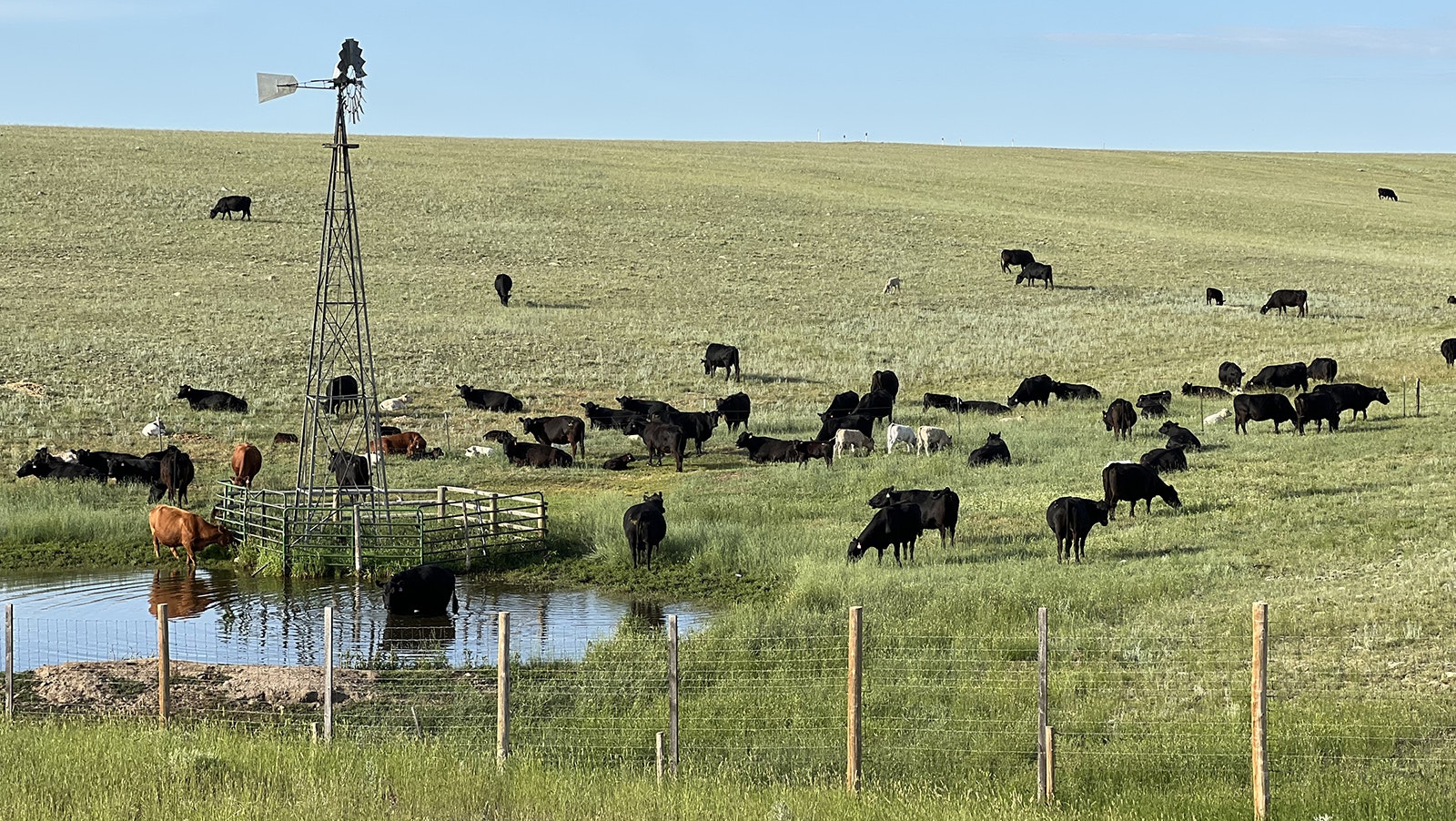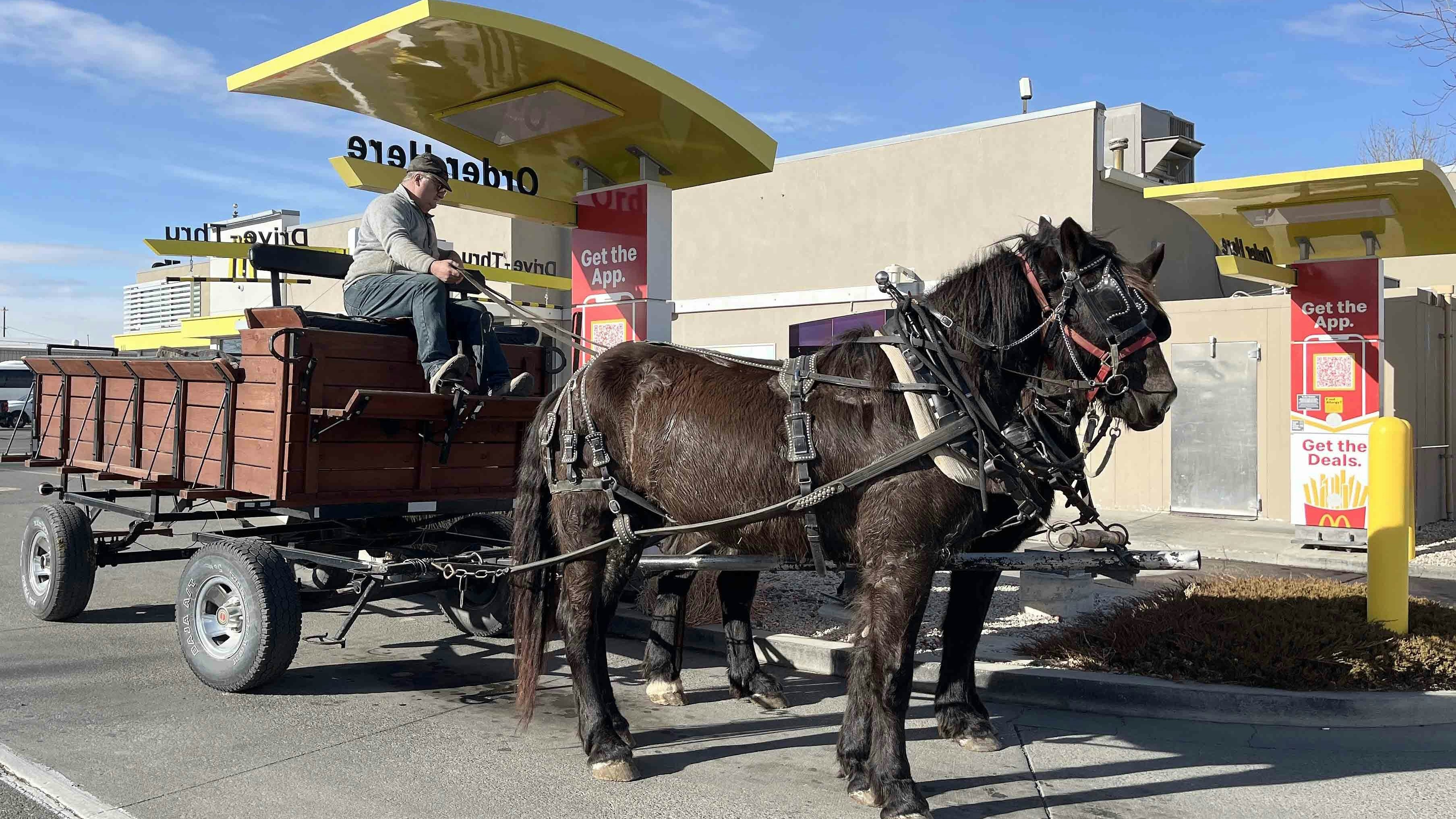A highly destructive parasite has been confirmed in cattle in Mexico, prompting warnings from the U.S. Department of Agriculture for American ranchers to be on the lookout for it and an immediate block on animal imports from Mexico.
New world screwworm (NWS) was found in a cow in the southern Mexico state of Chiapas at an inspection checkpoint close to the border of Guatemala, the USDA reports. These pests are fly larvae that infest living tissue of warm-blooded animals rather than dead ones, causing infection in their hosts.
Given the severity of the threat from this screwworm, U.S. officials are on high alert, and asking ranchers in Wyoming and other state to be hypervigilant.
Derek Grant, spokesperson for the Wyoming Department of Agriculture, is monitoring the situation and any possible dangers this infestation poses to livestock in the Cowboy State.
“We are aware of it and evaluating what impacts it could have on the state of Wyoming,” Grant told Cowboy State Daily.
Grant is keeping in contact with the USDA, which has said that this outbreak in Mexico of the deadly screwworm poses a severe threat to the U.S. livestock industry, wildlife and public health.
Left unchecked, the NSW infestations could spread north into the United States, jeopardizing ecosystems and causing devastating economic impacts. Infestations are notoriously difficult to detect early, as symptoms like enlarging wounds, discomfort and visible larvae can appear only after significant damage has occurred.
The Screwworm Danger
The U.S. Department of Agriculture released an update Tuesday detailing the danger of what it terms a devastating pest to not just livestock, but people as well.
When these new world screwworm are fly larvae, they burrow into the flesh of a living animal, according to the agency. This will then cause serious, often deadly, damage to the animal. NWS can infest livestock, pets, wildlife, occasionally birds and, in rare cases, people.
The name screwworm refers to the maggots' feeding behavior as they burrow, or screw, into a wound, feeding as they go like a screw being driven into wood. These maggots cause extensive damage by tearing at the hosts’ tissue with sharp mouth hooks.
The wound can become larger and deeper as more maggots hatch and feed on living tissue.
As a result, NWS can cause serious, and often deadly, damage to the animal host.
Adult screwworm flies are about the size of a common housefly or slightly larger. They have orange eyes, a metallic blue or green body and three dark stripes along their backs.

Screwworm Is Heading North
The new world screwworm has spread through Cuba, Haiti, the Dominican Republic and countries in South America, with cases spreading north to Costa Rica, Nicaragua, Honduras, Guatemala and now Mexico.
The USDA eradicated NWS from the United States in 1966 using sterile insect technique. However, officials warn there is a constant risk of re-introduction into the United States.
With the appearance of the insect in Mexico, precautions are being put in place to protect domestic livestock.
“We are reassured by protocols developed by the USDA and information being distributed by our southern states,” Wyoming State Veterinarian Dr. Hallie Hasel told Cowboy State Daily. “We are highly dependent on our border states to ensure that it doesn’t come into our state.”
Stop The Screwworm
The best way to keep screwworm out of the United States and Wyoming is to prevent introductions, the state Department of Ag reports.
Since the new world screwworm can infest mammals, including people, the USDA recommends anyone traveling with pets to ensure that they are inspected for screwworm and to check your vehicle for screwworm flies if you are in an NWS-infested area.
Eradicating NWS is only possible through sterile insect technique, according to the Animal and Plant Health Inspection Service. Sterile flies are released into an area where a known population has become established. The sterile male screwworm flies then mate with fertile female screwworm flies, causing the population of screwworm flies to decrease until it eventually dies out.
The Wyoming Department of Agriculture will continue monitoring the crisis and will notify residents if there are any precautions that need to be taken.
Jackie Dorothy can be reached at jackie@cowboystatedaily.com.





